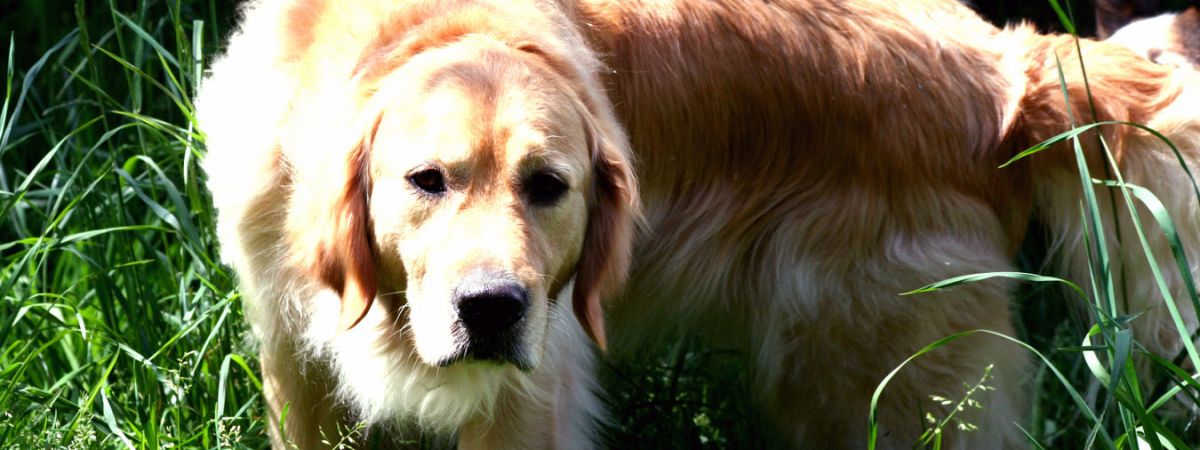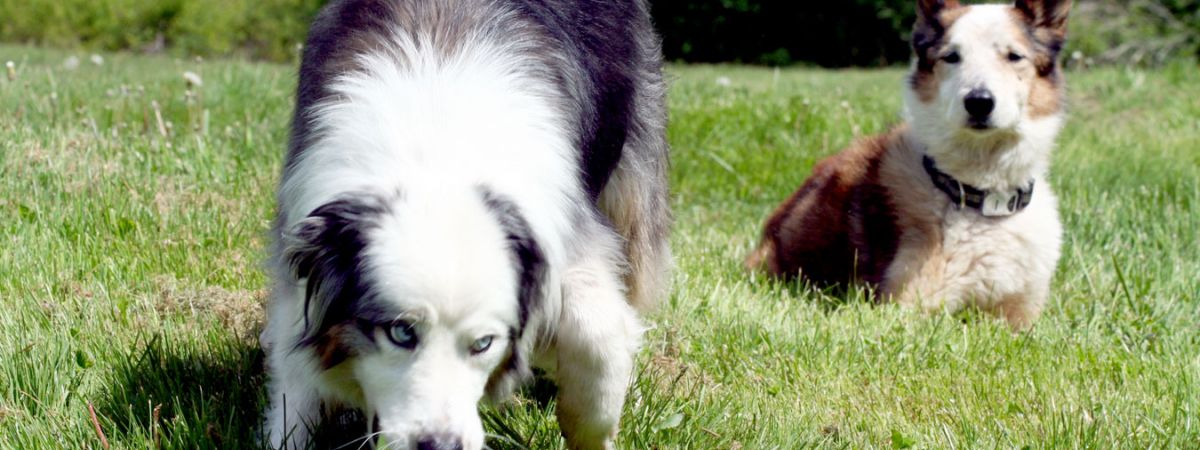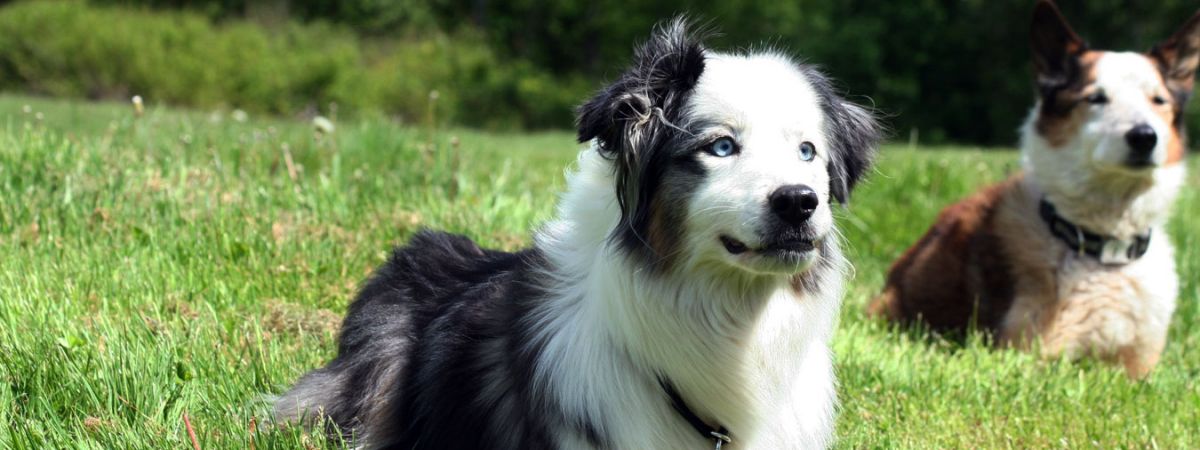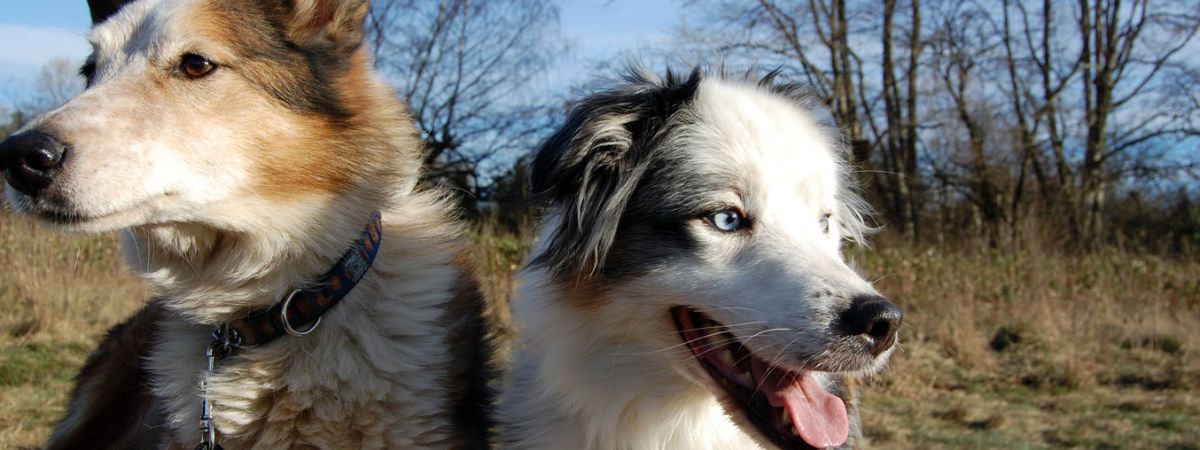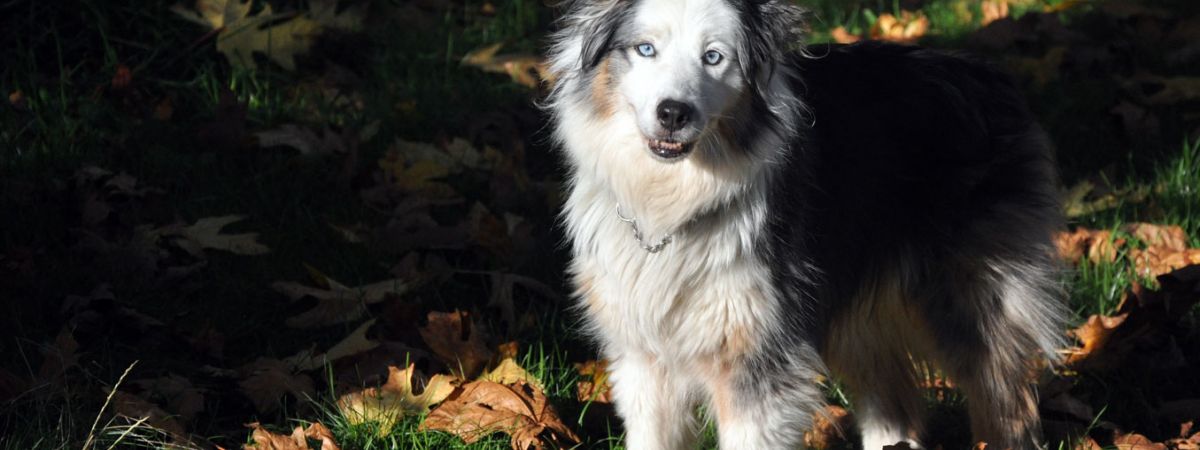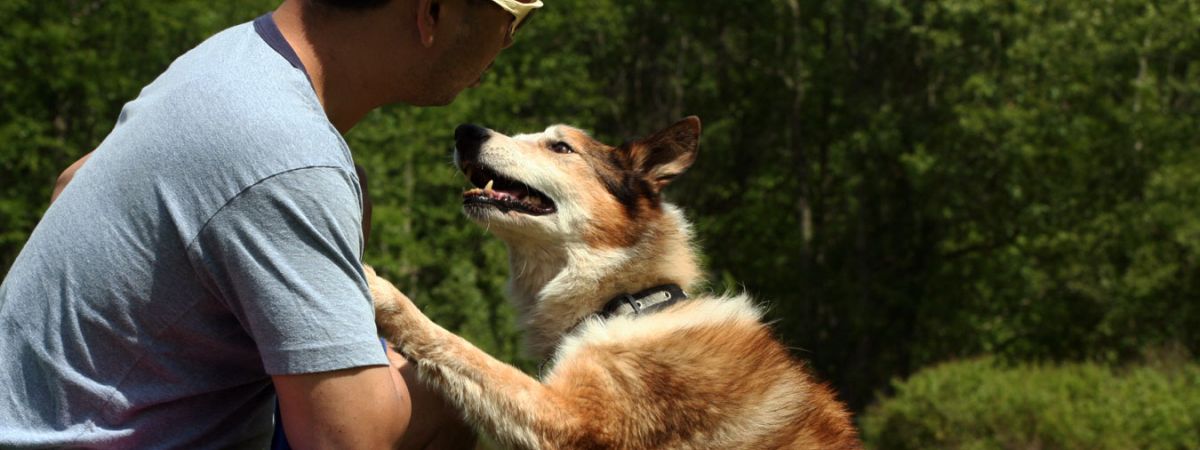Training Puppies to Sleep Through the Night
Having a new puppy is such an exciting time. Their playful antics, watching them explore and snuggling up are all some of the positives we enjoy. But when it comes to sleeping through the night, puppies can take some time to adjust. For those who have children, it can bring back memories of those sleepless nights with your baby, and for those who don’t have children it can be even more of a shock to the system!
Like all living things, puppies need a good amount of sleep to recharge their little minds and bodies. Most pet owners are sure to provide healthy dog food, fresh water and a crate for their puppy to call home. So how come the puppy who takes lots of naps all day seems raring to run and play at 3 a.m.? It will take some training, but it can all come together quickly.
Another similarity between babies and puppies is that they need to eliminate more frequently than older pups or adult dogs. If your puppy goes to sleep around 10 p.m. and then starts barking around 3 a.m., it’s possible that he simply needs you to run him outside to do his business. While it may be no fun to do this, it’s the lesser of two evils when compared to letting him to have an accident in his crate and then listening to him cry the rest of the night because he’s stuck with it.
However, there’s a big difference between running a 12 week old puppy to the bathroom and then returning him to “bed,” and staying up to play ball and chew toys in the middle of the night. If your puppy seems to need to go out, it should be done in a “strictly business” sort of way. Simply take him out, wait for him to “go,” praise him, and return him directly to his crate to get back to sleep. There should be no playing, snuggling or hanging out in the middle of the night, otherwise your pet may continue to get up long after the need is gone simply because he wants to play.
Obedience training also plays an important role in sleeping through the night. Learning some basic commands such as “sit,” “stay” and “down” will help your puppy to learn the meanings of “no” and “good dog,” which makes them much easier to understand when you want him to settle down at night.
Last but not least is exercise. Be sure that you’re tucking in a very tired pet. If you plan on turning in at 10 p.m. but your puppy seems to be very sleepy at 9 p.m., you’ll need to wake him by 9:20 to provide some exercise and tire him out a bit more. Also, always make sure your dog has taken care of all “business” before tucking him in for the night.
With a little diligence, training and planning, you will soon find yourself not being waken until dawn sheds its light!

